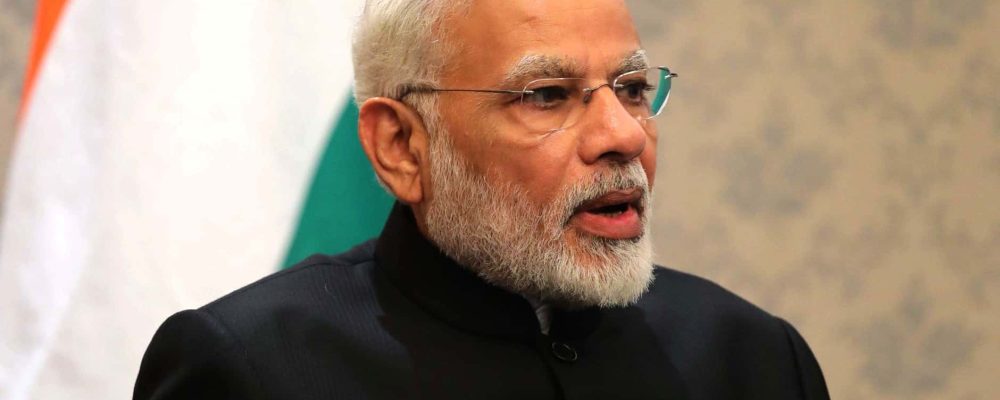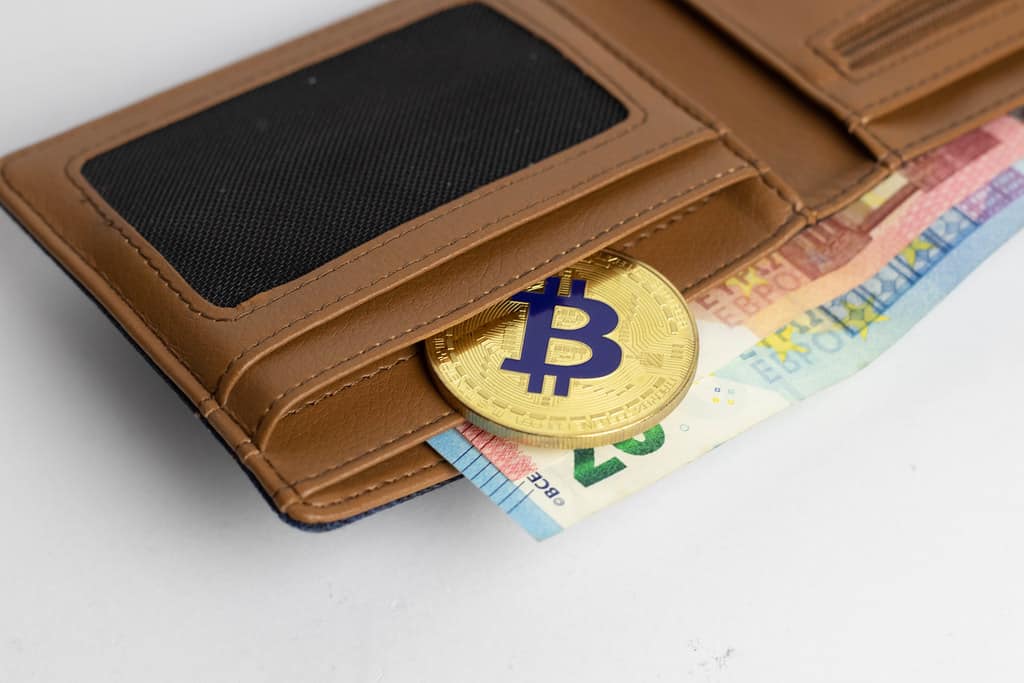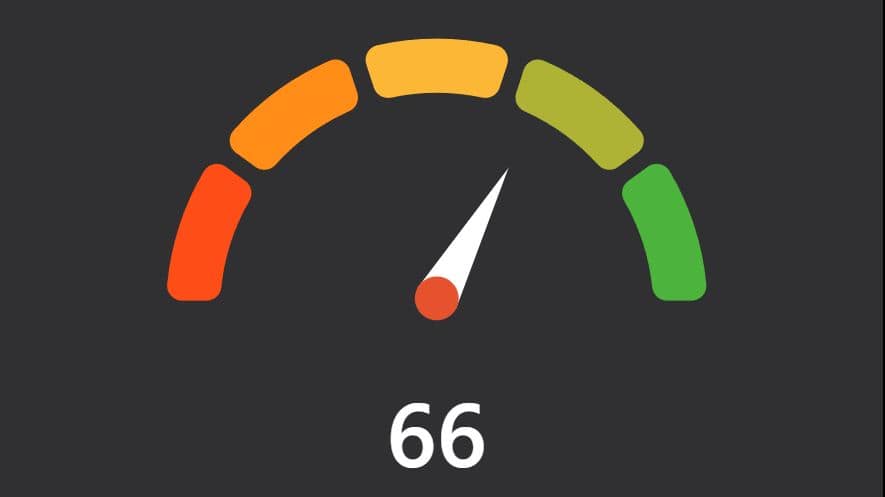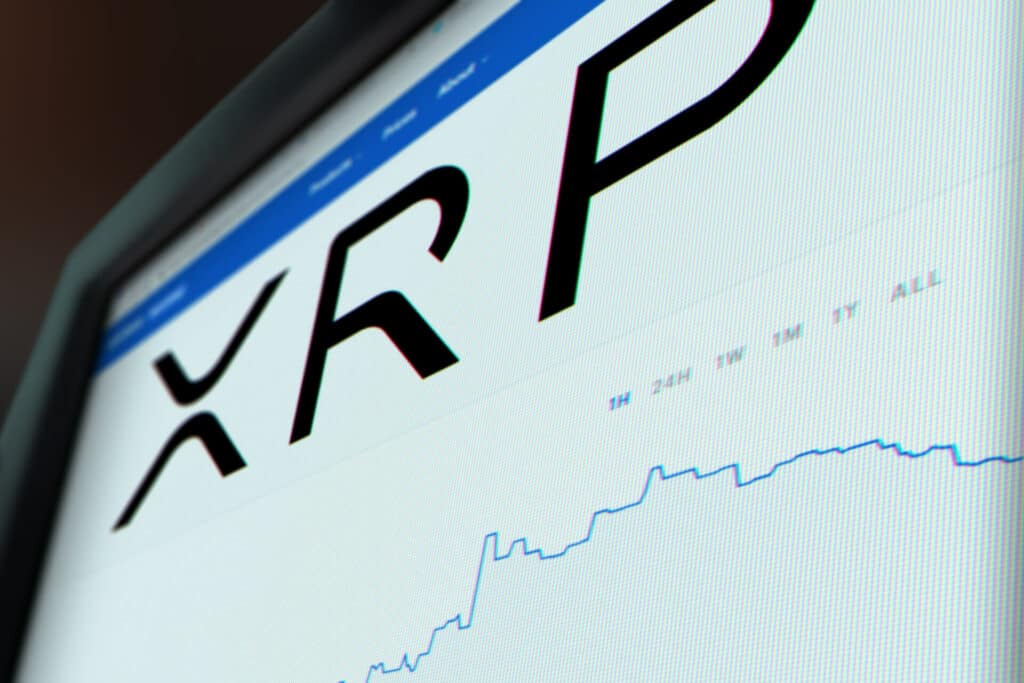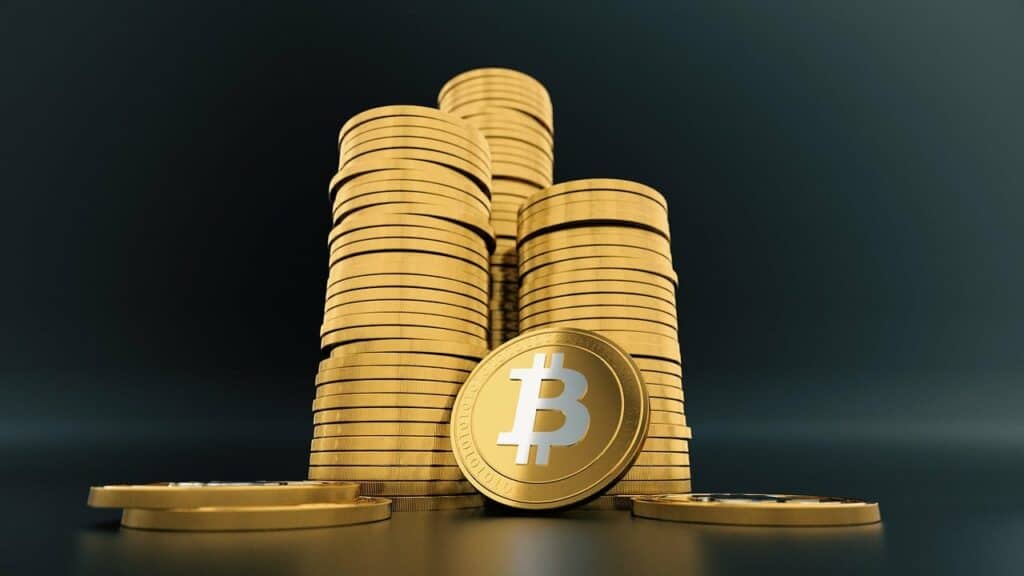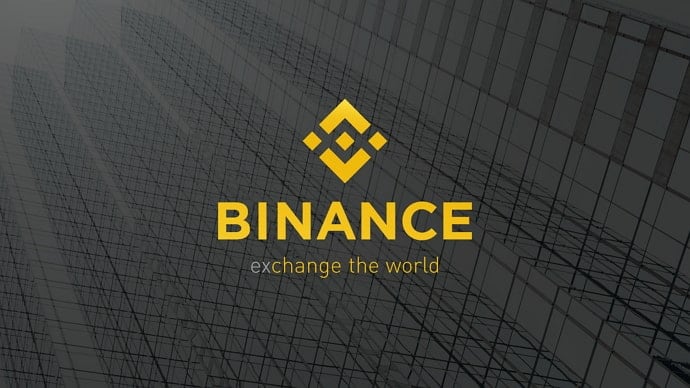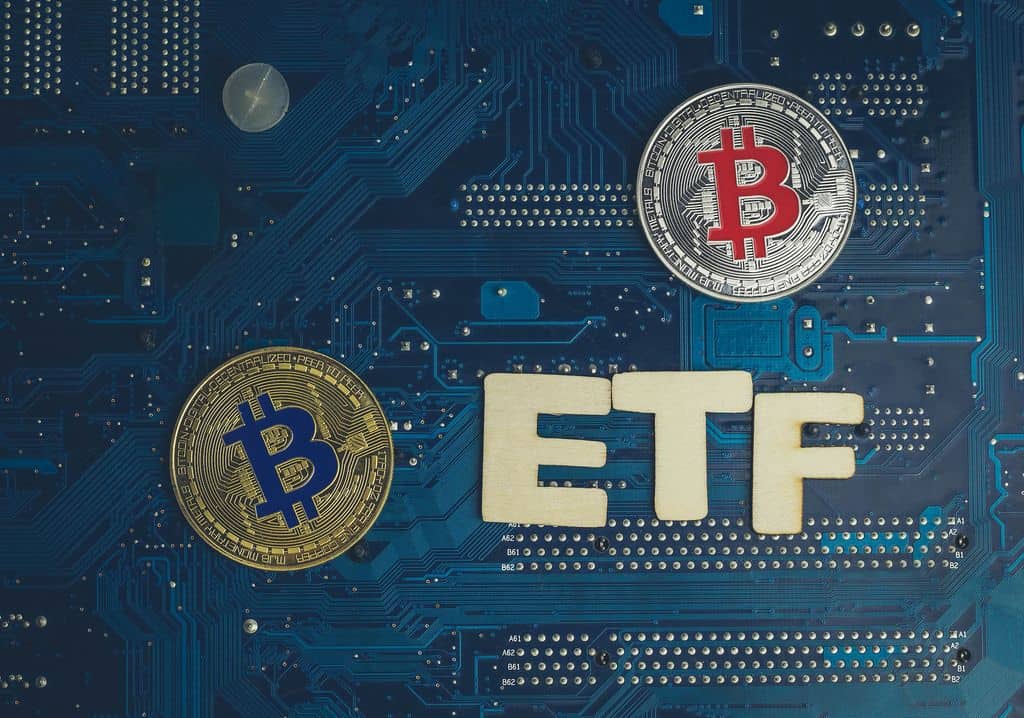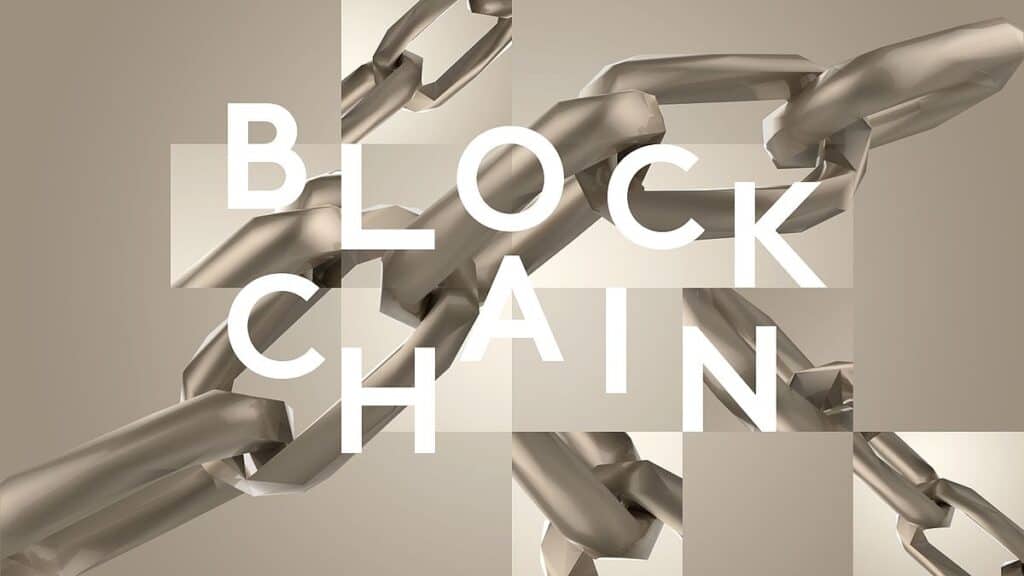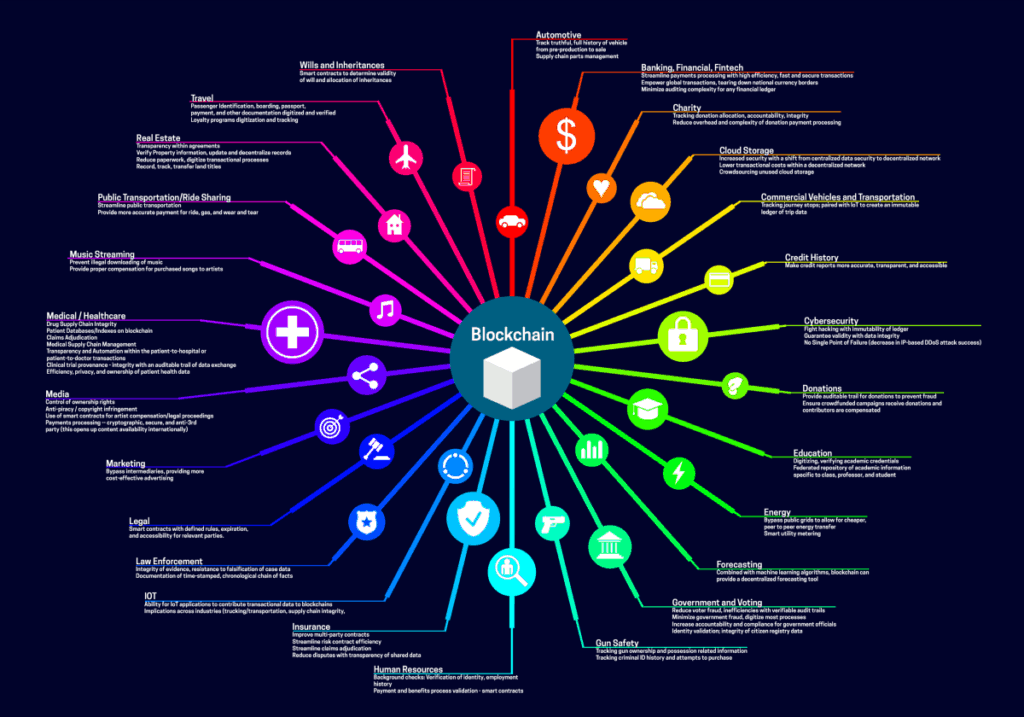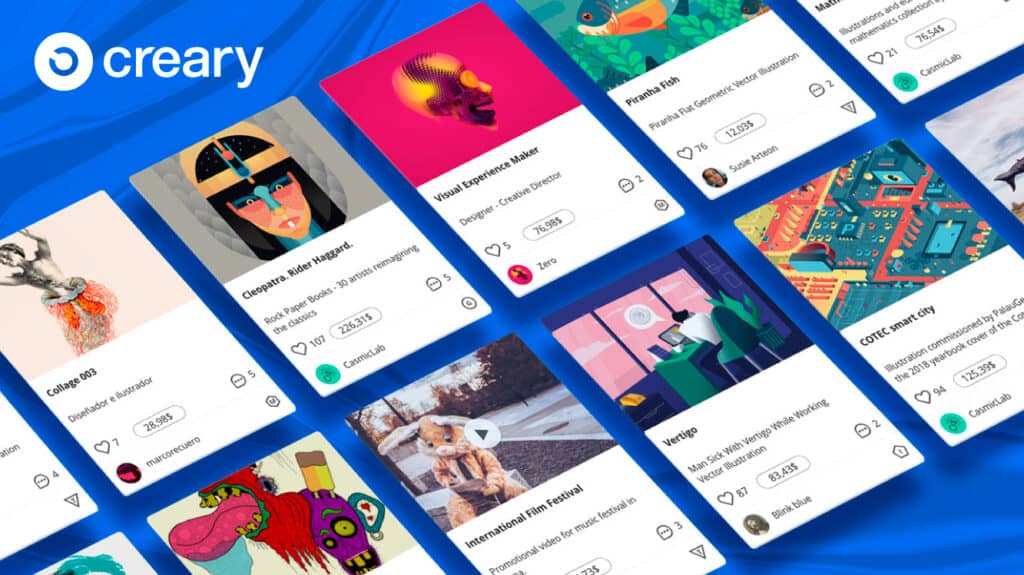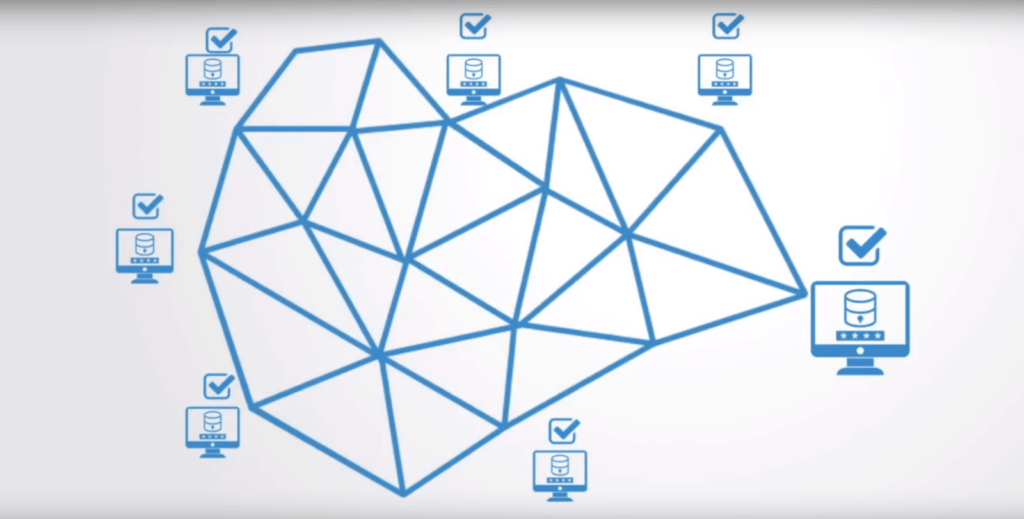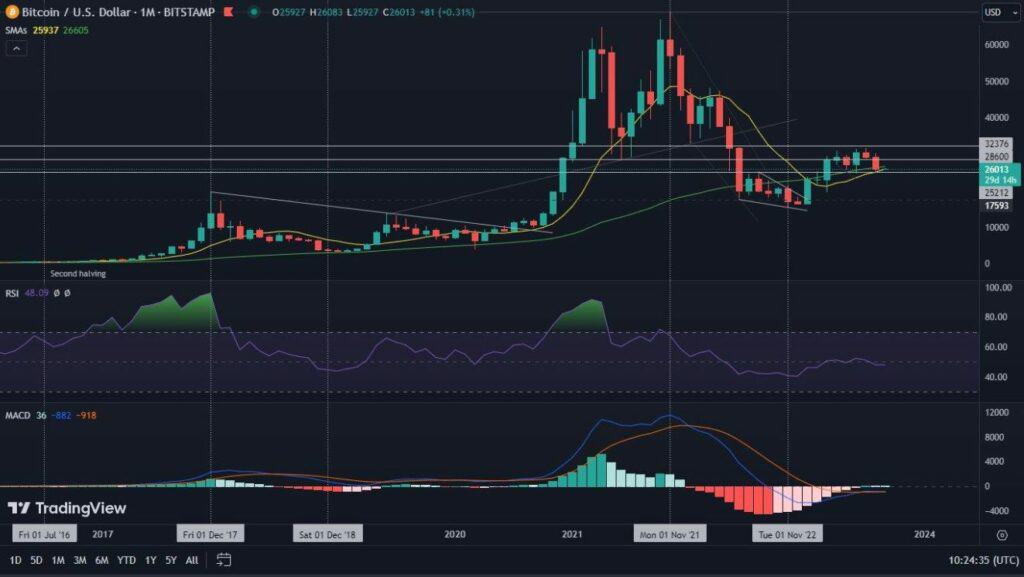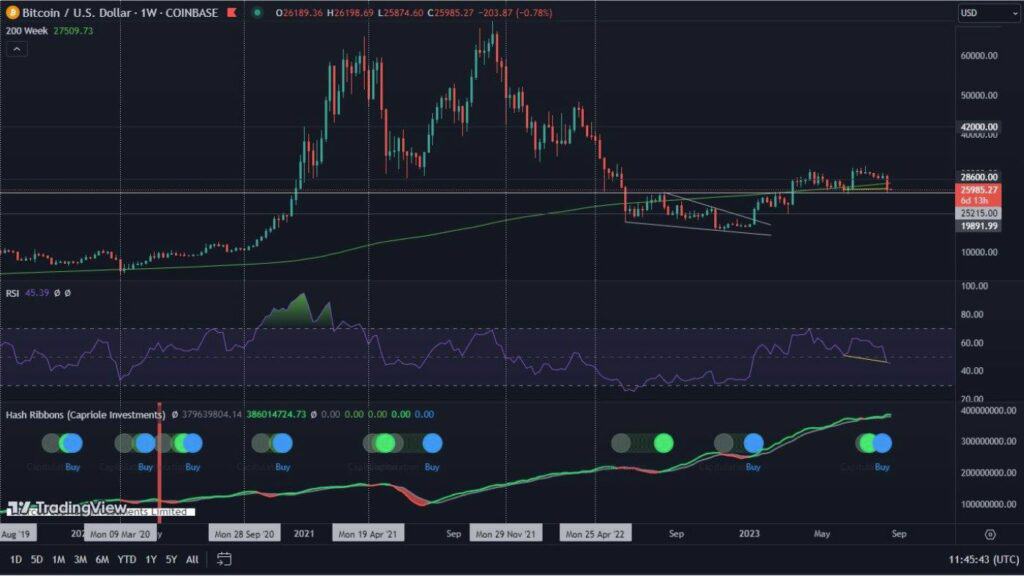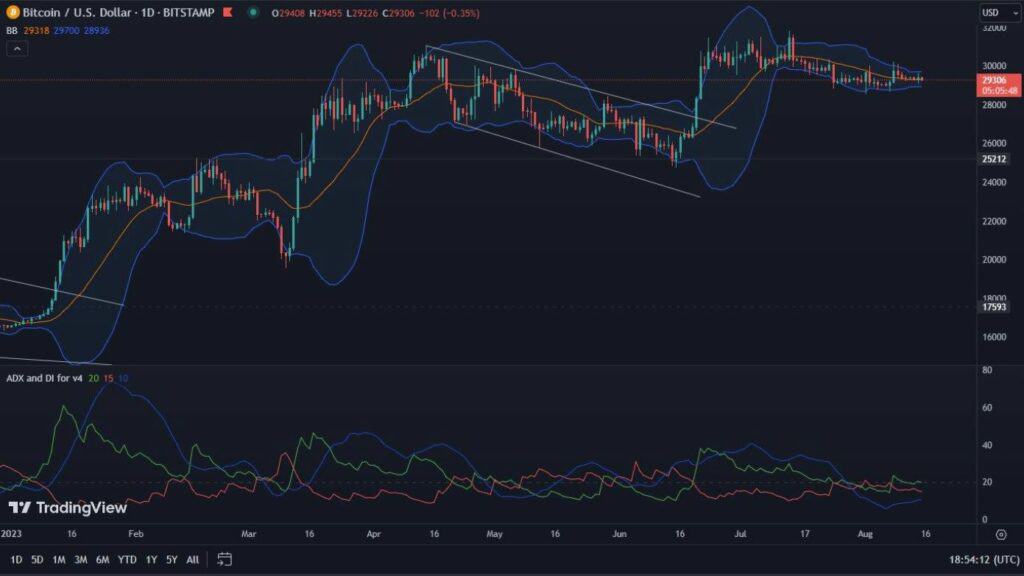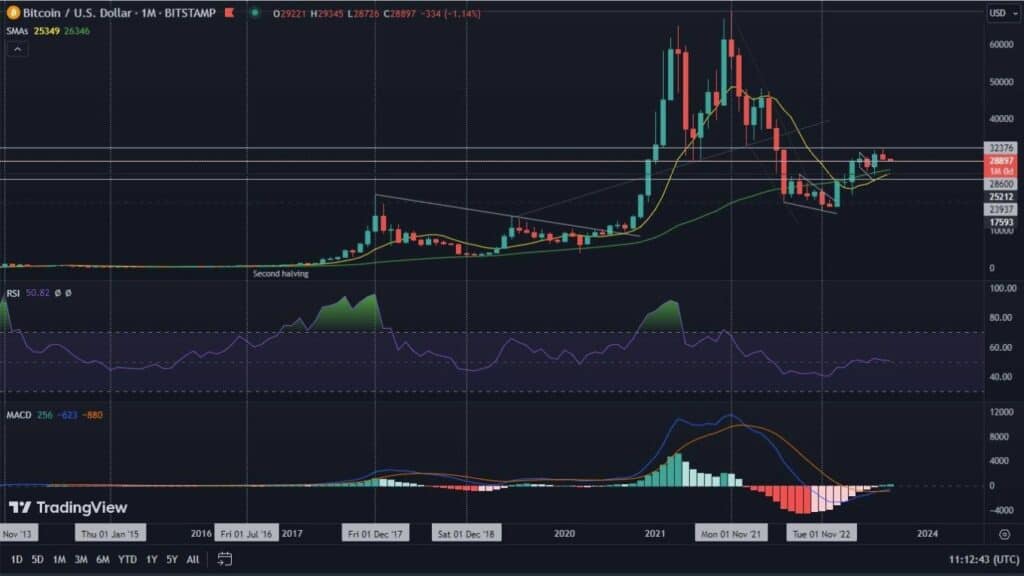India is adopting Bitcoin! They have purchased 500 units of the largest of the virtual coins and will distribute it among their people! This was one of the latest tweets of the country’s Prime Minister Narendra Modi. However, as it turned out, he fell prey to hackers.
Hacking attack instead of adoption
The unexpected news went around the world. India, where the approach to the regulation of cryptocurrencies is truly dizzying, with a narrative that changes like a rollercoaster, through Prime Minister Narendra Modi announced the adoption of Bitcoin, as legal tender.
The tweet of this content disappeared from the Prime Minister’s profile in no time. It turned out that his account had been hacked and the information in it was just a fake news. Just like its further part indicating government purchases of 500 BTC and their potential distribution to the public. The hackers also included a mysterious link in the content, and the whole thing was crowned with the slogan: “Today comes the future.”
The Ministry of Electronics and Information Technology reported that the national rapid response system is launching an investigation to unmask the attacker.
India is a country where the regulatory framework for the cryptocurrency market has long remained unclear. Although a coherent law is being worked on, the daily very good news for the market is interspersed with the potential for it to be banned altogether. Cryptocurrencies have been warned against by Narendra Modi himself, who sees Bitcoin as a threat that could “corrupt the youth.”
Modi has more than 73 million followers on Twitter, which makes him a craving morsel for hackers. Another successful attack took place last year, when attackers encouraged people to donate to a fake fund to fight Covid.
Be careful what you click on!
On this occasion, the entire Blockbulletin team and I have decided to make an important appeal to you. Since you are our reader, it is likely that you own cryptocurrencies, or are considering buying them. Remember to be careful and do not let yourself be approached by scammers. Scams are omnipresent. If you follow analyst-run YouTube accounts, there may be incentives around them to deposit funds, or requests to get in touch. Most creators warn you not to click on this type of content. There is always a scam behind such messages. Also be careful when following Twitter accounts and when going through your email inbox. Absolutely never click on unverified links. By doing so, you will effectively protect yourself from potential losses, which can be particularly severe during a bull market.

